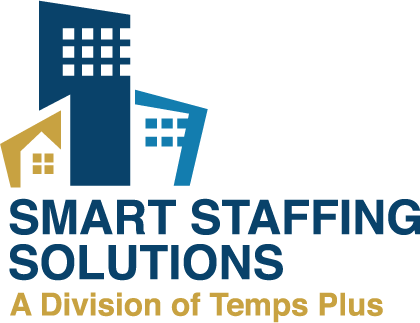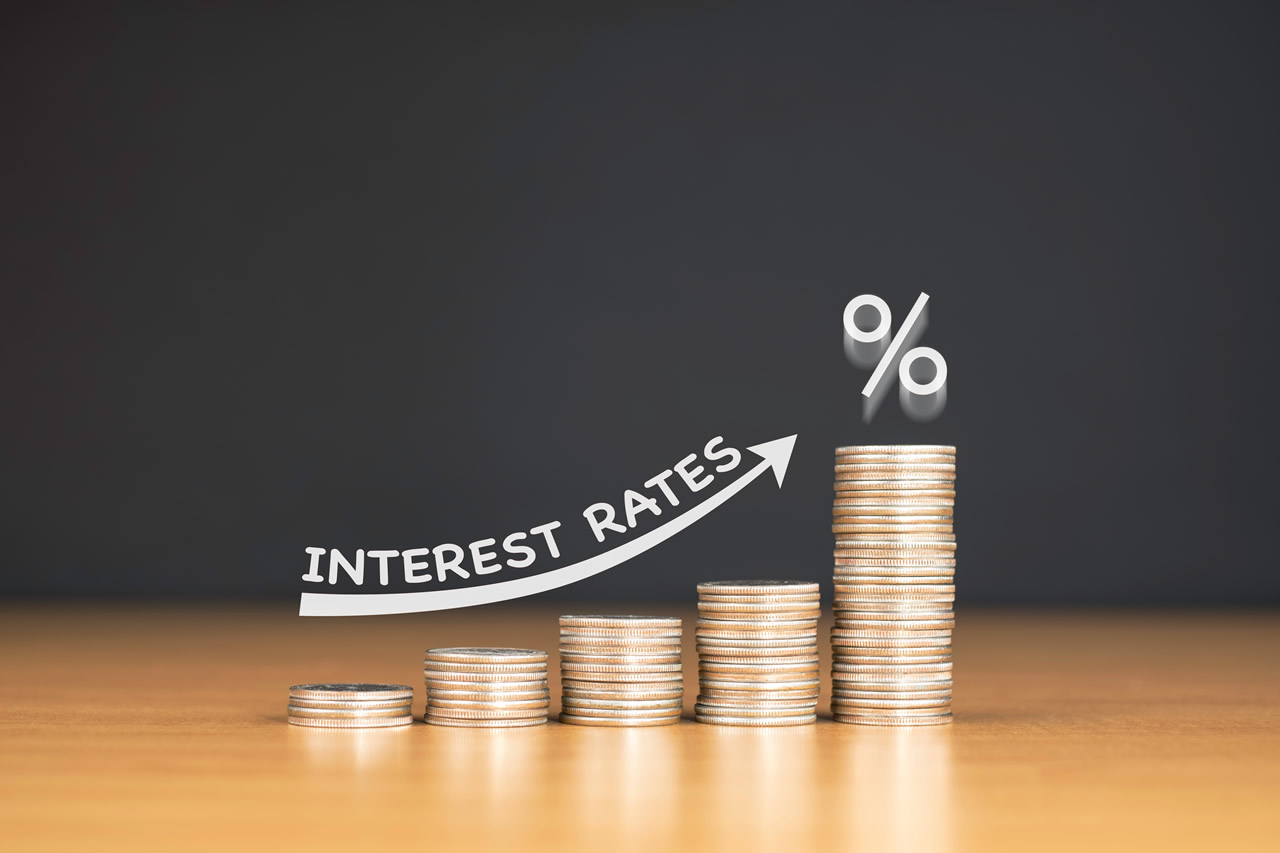Inflation usually causes mortgage interest rates to rise, which means fewer people are purchasing new homes. Instead, they are flocking to rental properties, keeping property management companies busy. So, while high mortgage interest rates can negatively affect real estate purchases, it typically means an increase in tenants and higher than average rental prices.
Right now, mortgage interest rates are rising, although they aren’t at the all-time highs seen in the 1980s where rates were approaching 20%. Mortgage interest rates tend to follow the pattern of the Federal Reserve, who said it would likely raise rates for a second time this year in a continued effort to ease the levels of inflation. With this, we expect mortgage rates will continue to go up. This can mean:
- Fewer buyers in the real estate market
- Less investors buying real estate rental properties
- Higher cost of materials and labor when coupled with inflation
- More demand for rental properties
- Higher rent prices
So, what does this mean for property managers?
More Demand for Rentals
High mortgage interest rates means more people wanting to rent. Fewer people will want to buy homes and will instead opt to rent until rates go down. Also, current homeowners might face financial hardships because of the state of the economy and foreclosures will move them into the rental market. For property managers this can lead to fewer vacancies, lower marketing costs, and higher rent prices.
Increasing Rent Prices
With a higher demand comes the ability to charge higher rental prices. Vacancy rates are lower than they have been in years, and rental prices have gone up. Between March 2021 and March 2022, rents rose in every state, with some states seeing increases as high as 20%, according to Statista. For property managers, this gives the option to charge higher rent prices to offset the increasing costs of doing business in this market.
Decline in Rental Inventory
A higher demand for rentals will also come from the lack of inventory. More people are interested in renting but Investors aren’t purchasing as many real estate rentals and new builds are slowing substantially because of the high cost of borrowing money. While this shouldn’t affect property managers with a full portfolio, it can be a negative for managers looking to take on more properties.
Higher Cost of Doing Business
The rate of inflation hit 9.1% in June 2022, according to Bloomberg, the highest since 1981. This means property managers will see rising costs of supplies, repairs, upkeep, and labor. These costs will lead to the need for property managers to increase rent prices.
The key for property managers in navigating the current interest rate hikes will be the ability to cut costs where possible and increase rents as needed.
Resources:
- Bankrate. Historical Mortgage Rate Trends | Bankrate. Accessed Aug. 30, 2022.
- Forbes. Fed Officials Pledge More Big Rate Hikes Until There Is A ‘Meaningful’ Decline In Inflation. Accessed Aug. 30, 2022.
- Forbes. Why Salary Increases Do Not Keep Pace With Inflation. Accessed Aug. 31, 2022.
- Statista. U.S. Residential Rental Market – statistics & facts | Statista. Accessed Aug. 31, 2022.
Bloomberg. US CPI June 2022: Inflation Accelerates to 9.1%, Once Again Exceeding Forecasts – Bloomberg. Accessed Aug. 31, 2022.

